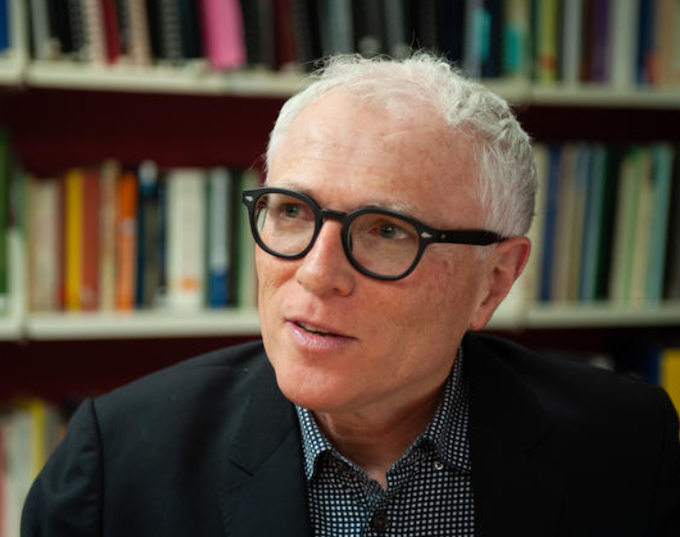
By RNZ News
The exact source of Auckland community cases of covid-19 in the latest New Zealand outbreak is the “big unknown” and there could be other cases, epidemiologist Professor Michael Baker says.
Auckland is on alert level 3 lockdown and the rest of the country on level 2 in response to the community cases announced yesterday afternoon.
Prime Minister Jacinda Ardern has confirmed the community cases are the UK variant of the virus according to genomic sequencing. She said it was unlikely to have been a breach from managed isolation and quarantine facilities.
- READ MORE: Follow RNZ’s live blog for the latest covid-19 updates
- View updated locations of interest here
- What you need to know on the alert levels
The cases are a mother, father and daughter who live in the South Auckland suburb of Papatoetoe. Another household contact has tested negative. The mother works for laundry and catering company LSG Skychefs, which services planes at the airport.
“It’s very much a repeat of the Auckland August outbreak. Hopefully it will be much smaller and more contained,” Professor Baker told First Up.
“But it’s the same scenario where you have cases in the community, you don’t have a direct certain link to the borders.”
The concern is not knowing exactly where the outbreak came from, Professor Baker said.
‘Could be other cases’
“And that means there could be other cases in the community – there must be – who link this family to someone at the border.”
The best outcome would be if that was a small number of cases, and testing will work out if that is the case, he said.
“[The mother] is not a front line border worker. The big unknown is how she got infected, assuming she was the first case in that household, we can’t make any assumptions.
“There’s still no documented examples of people being infected through what we call fomites – that’s surfaces or objects.
“It’s still a fairly unlikely form of transmission.”
Professor Baker said new variants of covid-19, such as the UK strain, had the same mode of transmission, and it was the same method to stop the spread. “It’s just that we’ll have to work harder because it’s a more infectious variant,” he said.
Tighten borders, test workers daily – Wilson
Public health expert Professor Nick Wilson agreed the real concern was the lack of a clear link to the border and the possibility of other cases.
The most likely source was person to person, such as from an infected air crew member or transit passenger, or someone in an MIQ facility who has been somehow missed, he said.
Wilson said New Zealand should have moved from weekly testing long ago, and should be testing border staff daily.
“We really do need a much more vigorous system at the border, particularly now that we’ve got this technology for daily saliva tests.
“The data I’ve seen suggests it may be, just may be, as reliable [as PCR tests via nasal swab], but even if it is less reliable, because it’s done every day, it’s probably far superior to just weekly testing … and it’s much less onerous on staff.
“Other countries have been using this for months now. ”
He said the numbers coming in to New Zealand should be restricted to humanitarian cases until New Zealand gets levels of vaccination up in the community.
“I think that’s a reasonable argument now that we’ve had the experience of 11 border failures including the large Auckland August outbreak costing hundreds of millions of dollars.”
Professor Wilson said legal scholars have pointed out there are ways of delaying other New Zealand citizens’ return to the country in a “legally appropriate way”.
This article is republished under a community partnership agreement with RNZ.









































